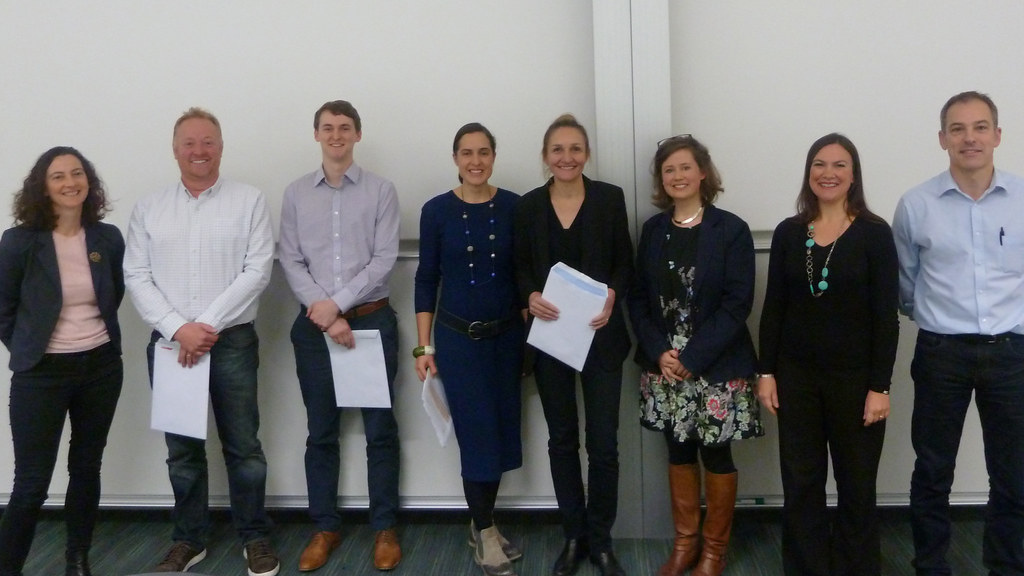Second year undergraduates studying the BA Sport and Social Sciences’ Professional Identity and Practice unit have recently completed a four week project which embedded employability skills into the curriculum. Funded by the Faculty of Humanities & Social Sciences’ Teaching Development Fund, the pilot will be used to inform the undergraduate Department for Health programmes which are vanguards for the University’s curriculum transformation project.
Students participated in an Enterprise Challenge during a series of four workshops and developed a range of skills and attributes considered to be the most important by graduate employers. Students worked together in teams to generate business and enterprise concepts within the broad health sector, refining their ideas as their commercial awareness grew.
In the final session, the students pitched their ideas to a panel of external experts, who provided feedback and unique opportunities to the winning teams, inviting them in to their organisations to learn about how initial concepts can be taken to market.
Emily Richards, Business Engagement Manager for the Faculty of Humanities & Social Sciences, said: “We’re keen for Bath students to develop critical employability skills in tandem with their academic learning, to utilise during their placement and in their graduate careers. By embedding the skills within the curriculum, we’re encouraging students to develop a holistic view of their undergraduate experience, and set themselves apart from others as they enter the workplace.”
The challenge was developed and delivered by the Bath-based organisation, Equisphere Employability. Arabella Tresilian and Phil Beale, the founders of Equisphere Employability, said: "When it comes to employability, it's important to add hands-on experience to the academic curriculum, so we devised a series of team-based workshops to develop key skills. The Sports and Social Science students impressed us, and the industry panel judges, with the speed with which they translated their sporting passions into unique, commercially-aware enterprise ideas. All the teams worked together to gain the skills to demonstrate a clear sense of their proposed market and of the value that their product or service would bring, with both business viability and social responsibility in mind. We really enjoyed working with these talented and dynamic students."
Student feedback indicated that all those who participated in the challenge felt that it enhanced their experience of the unit and gained key skills of communication, teamworking, analysing, problem-solving and organisation/self-management.
Alex Gutwin, second year student, said: “This has given us extra tools that we can use, not just in the University, but hopefully throughout our career and generally in life.”

